 In response to the Covid-19 pandemic, the hospitality and tourism industry have pulled together to produce protocols across all sectors, including specific Covid-19 Holiday Let Cleaning Guidance for self-catering properties. The Covid-19 Holiday Let Cleaning Guidance protocols were recently updated (July 2021) and will be kept under review.
In response to the Covid-19 pandemic, the hospitality and tourism industry have pulled together to produce protocols across all sectors, including specific Covid-19 Holiday Let Cleaning Guidance for self-catering properties. The Covid-19 Holiday Let Cleaning Guidance protocols were recently updated (July 2021) and will be kept under review.
Certification and Assessment Schemes
There are also assessment schemes that you can sign up to, including those offered by QIT, The AA and VisitEngland in partnership with the national tourist organisations:
Quality in Tourism (QIT) state that their Safe, Clean & Legal™ scheme assesses everything that a hospitality or accommodation operator needs to do to be compliant with regulation, committed to quality standards and of course safe and clean. Importantly the scheme has been updated to reflect additional standards and requirements for those providing accommodation in the post-COVID era.
There is a modest fee for the QIT scheme, this will get you access to their guidance and specimen documentation together with an inspection by an assessor.
To be eligible for the AA scheme, establishments signing up must meet the AA’s key criteria:
- Supply evidence of a risk assessment document.
- Provide clear evidence that relevant safety procedures and measures are in place.
- Showing that staff training has occurred.
In addition, this free scheme requires completion of an online self-assessment and a sign up to the Covid Confident Charter, a code of conduct that will include a commitment to update procedures and measures as guidelines change, and to submitting to future audits as required.
The “We’re Good To Go” industry standard mark is a self-assessment scheme that has been designed by VisitEngland in partnership with the national tourist organisations Tourism Northern Ireland, VisitScotland and Visit Wales to provide a ‘ring of confidence’ for all sectors of the tourism industry, as well as reassurance to visitors that businesses have clear processes in place and are following industry and Government COVID-19 guidance on cleanliness and social distancing. Please note that the We’re Good To Go Scheme has now closed.
High Standards in Holiday Letting
We recognise responsible holiday let owners have high standards regarding the cleanliness and presentation of their letting properties. Similar applies to complying with legislation and regulations relevant to holiday letting. For example, reviewing fire risk assessments, ensuring electrics are safe, gas appliances and boilers are serviced and certified as gas safe, all form part of a rolling plan.
Duty of Care towards visitors and guests
You will also understand your duty of care towards all visitors to your property and ensure that it is as safe as you can reasonably make it. This includes taking reasonable steps to protect and maintain the property, prevent damage or injury and comply with laws, by-laws or regulations. Clearly in a post-Covid world the duty of care extends to taking reasonable precautions to minimise the risk of the virus being spread from one group of guests to another. Hence the importance of adopting relevant protocols such as those detailed in the Covid-19 Holiday Let Cleaning Guidance.
What do the self-catering Covid-19 cleaning guidelines cover?
Bodies representing all aspects of the hospitality and tourism sectors, including those who represent self-catering, have devised specific sector guidance to support reopening following the lockdown.
This includes guidance on:
- Risk assessments
- Risks of Legionella
- PPE and Cleaning Equipment
- Cleaning Protocols
- Cleaning Checklists
Who compiled the cleaning guidance?
The Government Department responsible for Tourism, DCMS produced headline guidelines. The overall guide was prepared by UKHospitality and the self-catering sector information was provided to them through a collaboration between:
- PASC UK (Professional Association of Self-Catering UK)
- ASSC (Association of Scotland’s Self-Caterers)
- WASCO (Welsh Association of Self-Catering Operators)
- Tourism Alliance
- Wales Tourism Alliance
- Scottish Tourism Alliance
- Premier Cottages
We understand these guidelines will also be used by Visit England and The AA
Where can I download the guidance?
The cleaning guidance is reassuringly robust and free to access via The Professional Association of Self-caterers (PASC), follow the link below:
Adopting, documenting and following these or similar cleaning protocols will help fulfil your duty of care towards your holiday let guests and visitors. Each holiday letting property is unique, your risk assessment will be too.
For for further guidance on controlling the virus visit: https://www.gov.uk/coronavirus
Not a Boshers client yet? We offer specialist holiday home insurance to owners across the UK. If you need an insurance quote for your holiday let call us on 01237 429444. If we are closed use the quote form and we’ll be in touch during the next business day.


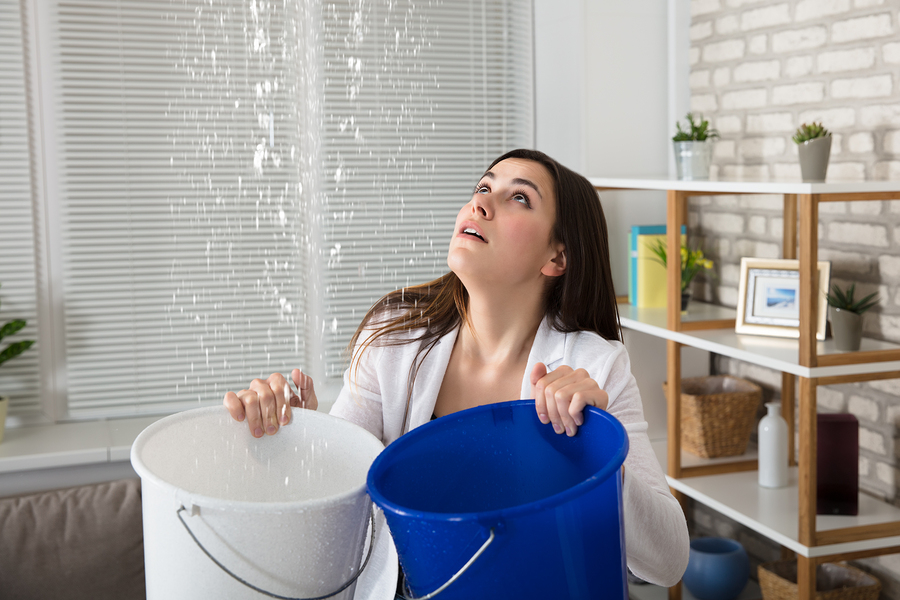
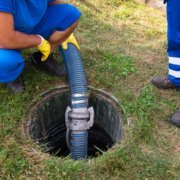
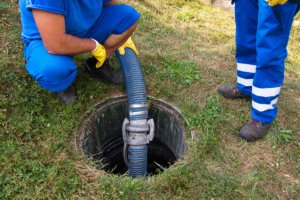 When you think about a
When you think about a 
 If you’ve ever had a water leak in your own home, you’ll know that small problems can quickly escalate when it comes to water damage. It’s therefore little surprise that `escape of water’ causes approximately £1.8 million of water damage to UK properties every day*. That’s a staggering £20.83 every second! They also account for 21% of all property insurance claims. (*Association of British Insurers –
If you’ve ever had a water leak in your own home, you’ll know that small problems can quickly escalate when it comes to water damage. It’s therefore little surprise that `escape of water’ causes approximately £1.8 million of water damage to UK properties every day*. That’s a staggering £20.83 every second! They also account for 21% of all property insurance claims. (*Association of British Insurers – 


 The peak letting season is almost upon us. It’s time to get organised and start preparing for an influx of guests (and sunshine!). It’s vital that your holiday home is ready for everything the peak period has to throw at it. And that you’ve also taken every precaution to ensure that guests have a happy and safe stay in your property.
The peak letting season is almost upon us. It’s time to get organised and start preparing for an influx of guests (and sunshine!). It’s vital that your holiday home is ready for everything the peak period has to throw at it. And that you’ve also taken every precaution to ensure that guests have a happy and safe stay in your property.
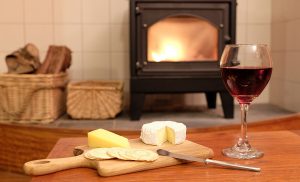 Many of us still love a bit of character in a property. For those of us that do there are few better thoughts than a cosy night in front of a fire. During the winter when the air is cooler and the nights are longer a fire or
Many of us still love a bit of character in a property. For those of us that do there are few better thoughts than a cosy night in front of a fire. During the winter when the air is cooler and the nights are longer a fire or 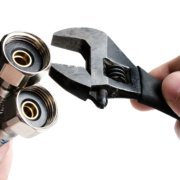
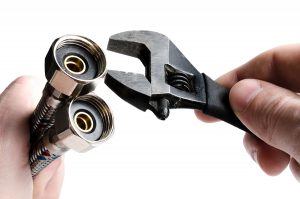 Why should
Why should 

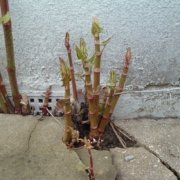
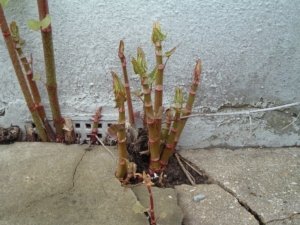 Japanese Knotweed – two words that are likely to send a shiver down the spine of any homeowner in the UK. Now it’s top of the list when it comes to the most unwanted plants in our gardens! It’s easy to understand why if you consider that Japanese knotweed:
Japanese Knotweed – two words that are likely to send a shiver down the spine of any homeowner in the UK. Now it’s top of the list when it comes to the most unwanted plants in our gardens! It’s easy to understand why if you consider that Japanese knotweed: